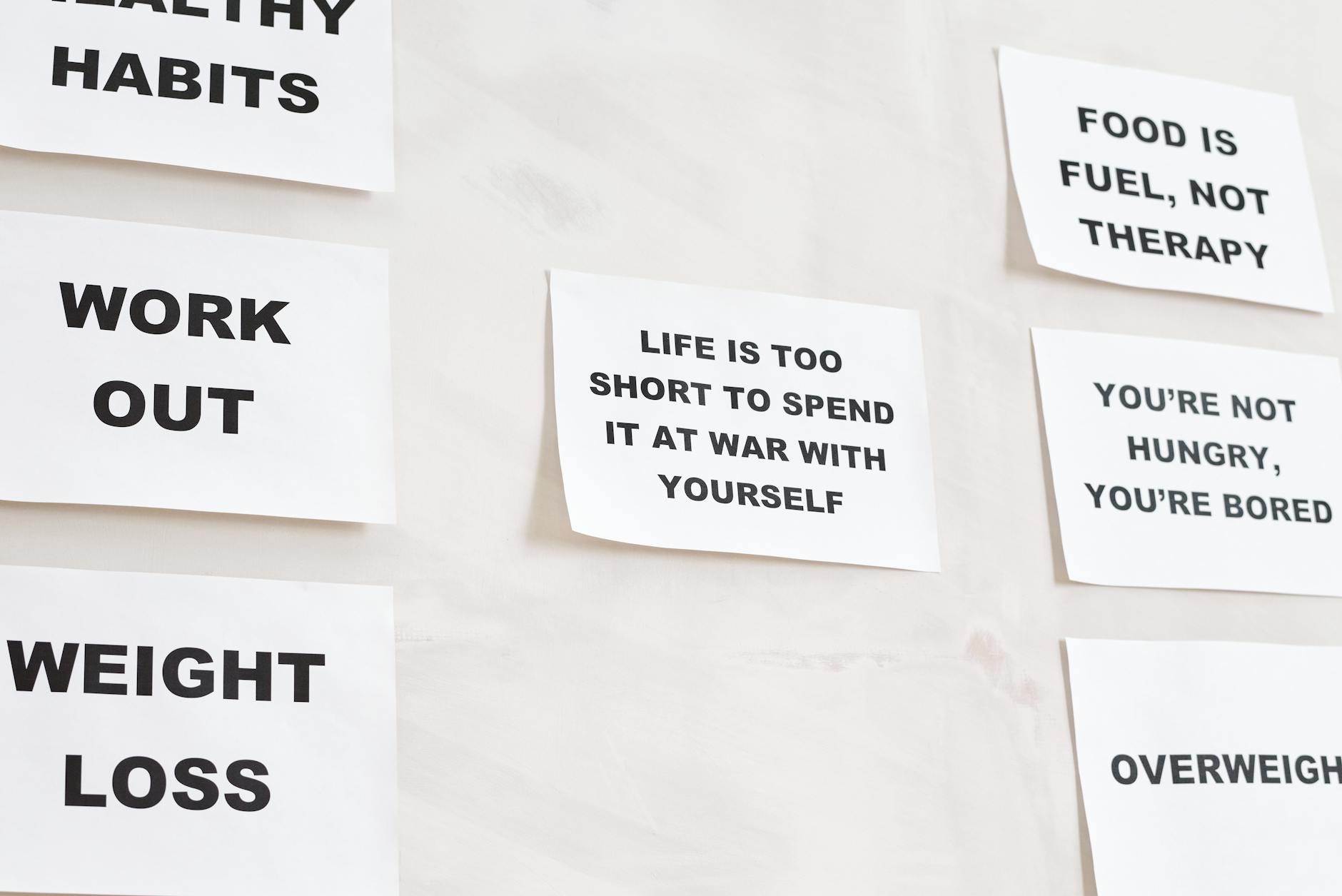How to brake old habits and create great habits for my life. 7 simple step
“The 7 Habits of Highly Effective People” by Stephen R. Covey is a self-help book that emphasizes principles and personal development. Covey presents a holistic approach to success and effectiveness, focusing on aligning oneself with universal principles to achieve personal and professional goals.
Habit 1: Be Proactive
The first habit emphasizes taking initiative and responsibility for one’s life. Covey introduces the concept of the “Circle of Concern” and the “Circle of Influence,” encouraging readers to focus their energy on what they can control rather than what they cannot.
Habit 2: Begin with the End in Mind
Habit 2 involves envisioning and planning one’s goals and actions based on personal values and principles. Covey introduces the idea of writing a personal mission statement to guide decision-making and prioritize what matters most.
Habit 3: Put First Things First
This habit focuses on time management and prioritization. Covey introduces a framework called the “Time Management Matrix,” which categorizes tasks based on urgency and importance. He advocates for prioritizing important but not urgent tasks to achieve long-term goals.
Interlude: Paradigms and Principles
Covey discusses the importance of paradigms—mental models or perspectives that shape how individuals perceive and interpret the world. He emphasizes the power of principles as foundational truths that guide behavior and decision-making.
Habit 4: Think Win-Win
This habit promotes a collaborative and abundance mindset, seeking mutually beneficial solutions in interactions and relationships. Covey contrasts it with competitive and zero-sum thinking, advocating for building trust and cooperation.
Habit 5: Seek First to Understand, Then to Be Understood
Effective communication is the focus of Habit 5, encouraging empathy and active listening. Covey introduces the concept of “empathic listening,” where individuals seek to understand others’ perspectives deeply before sharing their own.
Habit 6: Synergize
Habit 6 emphasizes the benefits of teamwork and collaboration. Covey defines synergy as the creation of new possibilities and solutions that emerge from diverse perspectives and strengths working together synergistically.
Habit 7: Sharpen the Saw
The final habit focuses on self-renewal and continuous improvement. Covey discusses balancing and enhancing four dimensions of life—physical, mental, social/emotional, and spiritual—through regular self-care and growth activities.
Conclusion: The Seven Habits in Practice
Covey concludes by emphasizing the cumulative effect of practicing the seven habits and integrating them into one’s daily life. He discusses the transformative power of these habits in achieving personal and professional effectiveness.
Critique and Contemporary Relevance
The book’s principles have garnered both praise and criticism. Critics argue that its principles may seem idealistic or difficult to implement in certain contexts, while supporters highlight its timeless wisdom and applicability across various domains.
Impact and Legacy
“The 7 Habits of Highly Effective People” has had a profound impact on personal development literature and business management practices. It continues to influence individuals and organizations worldwide, inspiring them to cultivate habits that lead to sustainable success and personal fulfillment.
Conclusion
Stephen R. Covey’s “The 7 Habits of Highly Effective People” offers a framework for personal and professional growth through timeless principles and practical advice. By integrating these habits into daily practice, individuals can enhance their effectiveness, achieve their goals, and lead more fulfilling lives.
